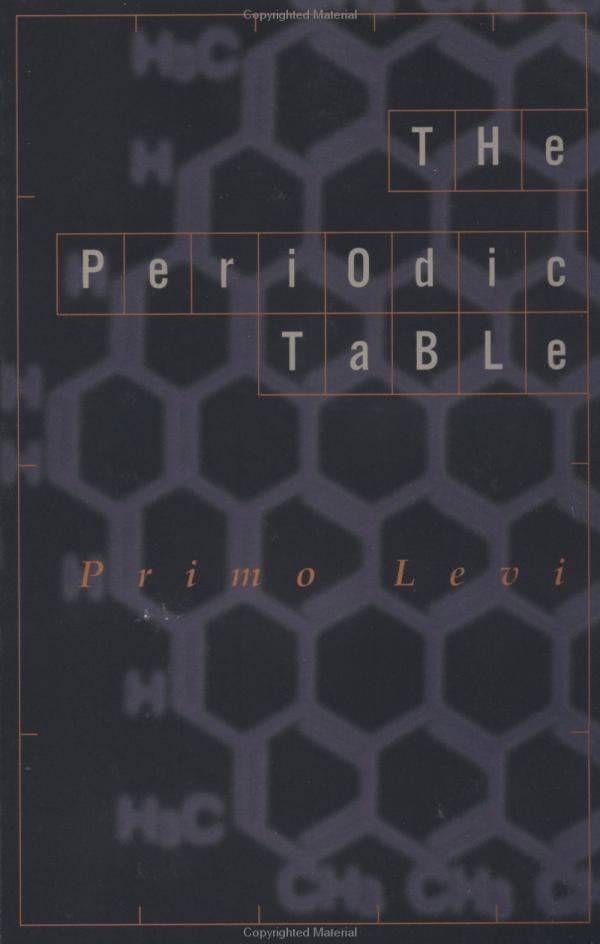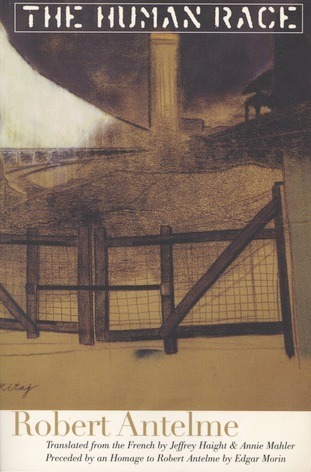
If This Is a Man • The Truce
Book Description
Amid the ashes of humanity’s darkest hour, a voice emerges from the depths of despair. "If This Is a Man • The Truce" chronicles the haunting journey of Primo Levi, a survivor of Auschwitz, as he confronts the stark realities of existence in a concentration camp and the fragile threads of hope that tie life together. Through raw and poignant storytelling, Levi captures the battle for dignity amidst dehumanization and the sheer will to endure. As fragile bonds form in the unlikeliest of places, the question lingers: what does it truly mean to be human when stripped of everything?
Quick Book Summary
"If This Is a Man • The Truce" by Primo Levi is a profound memoir chronicling the author’s grueling experience surviving Auschwitz and the arduous journey back home post-liberation. Through stark, unsparing prose, Levi reveals the systematic dehumanization faced by prisoners: starvation, brutality, and the constant threat of death. Yet, amidst suffering, Levi finds flickers of hope—gestures of kindness, fleeting camaraderie, and the fundamental fight for dignity. "The Truce" continues with the chaos and uncertainty after liberation, moving through displacement camps and fractured landscapes as Levi slowly navigates his return to Italy. Levi’s compassionate, analytical eye transforms his harrowing ordeal into a universal reflection on humanity, evil, and resilience, compelling readers to confront what it truly means to remain human in the face of unimaginable cruelty.
Summary of Key Ideas
Table of Contents
Struggle to Maintain Humanity Under Oppression
Primo Levi’s memoir opens with his arrest as a member of the Italian resistance and subsequent deportation to Auschwitz. He details the abrupt and brutal initiation into camp life, capturing the shock of sudden deprivation, hunger, and loss of identity as prisoners are stripped of names and dignity. Levi’s meticulous recounting invites readers to grasp the psychological and physical torments of daily survival, where even the most basic aspects of being human—warmth, food, communication—become rare luxuries.
Dehumanization and Survival in the Camps
Within this unbearable environment, Levi explores the mechanisms of dehumanization enforced by the Nazi system. Prisoners are denied individuality, reduced to numbers and subjected to systematic cruelty and humiliation. Yet, even within this machinery of oppression, he highlights the strategies individuals develop for survival: learning the camp’s rules, bargaining, and utilizing skills. Levi’s background in chemistry helps him secure a somewhat safer position, which may mean the difference between life and death, but his survival is also a function of chance.
Small Acts of Kindness and Solidarity
Despite the relentless conditions, Levi recounts remarkable moments of solidarity and small, significant acts of kindness between inmates. Whether through sharing a crust of bread or preserving a moment of cultural memory by reciting poetry, these gestures become vital to sustaining one’s sense of self and hope. Levi examines how these connections provide fleeting but critical reminders of a shared humanity that the camp intends to eradicate.
The Chaotic Aftermath of Liberation
"The Truce" shifts focus to the period following liberation, revealing a world still marked by disorder and suffering. Levi describes his traversing of war-ravaged Eastern Europe, seeking a way home amid shifting borders, ruined cities, and displaced populations. The journey becomes a prolonged odyssey filled with uncertainty, exploitation, camaraderie, and absurdity as survivors negotiate new hardships even after escaping the camp.
Memory, Testimony, and Bearing Witness
Levi’s narrative ultimately calls upon readers to bear witness to these experiences. His sober attention to detail, refusal to sensationalize, and thoughtful reflection invite consideration of broader questions: What does it mean to be human in the face of inhumanity? How does memory both hurt and heal? Levi’s voice insists on the necessity of remembering and understanding, both as a means of honoring those lost and preventing future atrocities.
Download This Summary
Get a free PDF of this summary instantly — no email required.





